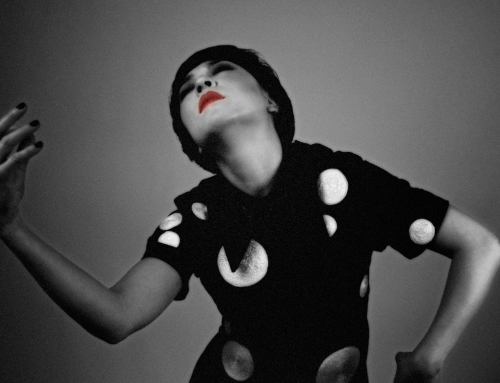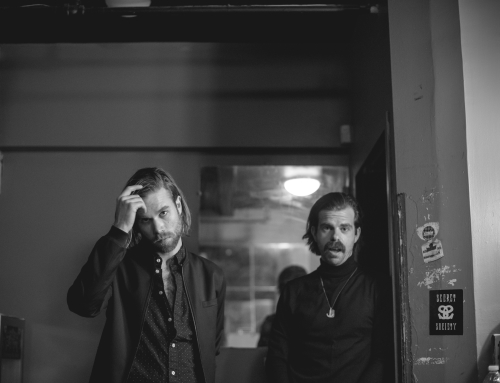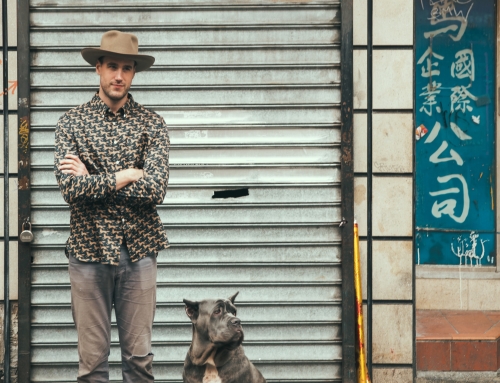There’s a lot to be said about a man who is comfortable in his own skin, and, in that regard, there is a lot to be said of Cee Lo Green.
Hailed as a founding father of the dirty south rap movement, born out of Green’s hometown of Atlanta, this pop culture maestro is a chameleon of the highest order.
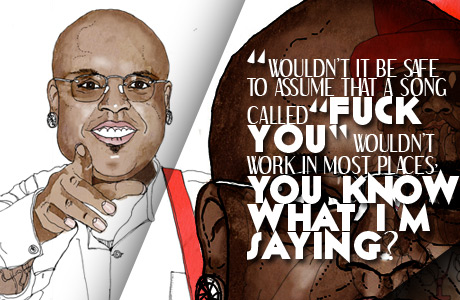
Beginning his musical career in the Goodie Mob during the early 90s, Green left the group and made the switch from gritty cult rap phenomenon to the shiny commercial success of Gnarls Barkley, a radio-friendly amalgamation of Green’s gospel style vocals and the instrumental talents of musician/ producer Danger Mouse (Brian Burton) back in 2003. Flash forward to present day and the third (and most true-to-self, according to the artist) phase of the 36-year-old’s musical career, and see Green assume the role of a soul crooning solo artist that answers to “The Lady Killer.”
A self-titled album of sorts, The Lady Killer has been making its way up the charts and into the pop culture canon since the release of its debut single, “Fuck You” (or, as radio listeners know it, “Forget You”). Mainstreaming it all the way to the soundtrack of primetime’s beloved Glee (sung by guest star Gwyneth Paltrow), the upbeat revenge melody has sprung Cee Lo Green, the man himself, out from under the personas of his other musical ventures. Asked if he expected the song to be the massive hit it’s become, Green is playfully modest: “No, I didn’t, and I have a vivid imagination,” he says through a smirk. “Wouldn’t it be safe to assume that a song called “Fuck You” wouldn’t work in most places, you know what I’m saying?”
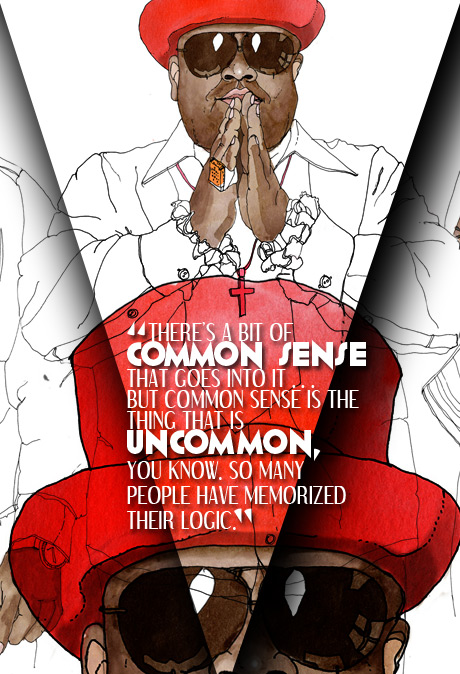
But it has worked, in large part because, like Green, his music isn’t genre specific. “I wouldn’t not do it on purpose, you know what I’m saying?” he says when asked if he intentionally avoids pigeonholing his sound to a specific genre. “If I’m able, I’d like to include all of that territory.”
Though a definite departure from Gnarls Barkley, Green’s new album is not a direct response to his former persona, as some have reported. “I guess it’s a response, but it’s not an assassination of character,” he clarifies, again through a smirk. “It’s a separate but associated kind of thing, you know what I mean? … kind of six degrees of separation. I just needed people to know that I’m not Gnarls Barkley, you know what I’m saying?” He smirks (spot a trend?) and pauses before finishing his thought. “I’m actually The Lady Killer.” He draws out each syllable of the title. Suddenly the daylight seems out of place in the bar we’re sitting in.
Green suits his moniker well; reclined and outstretched on a long couch at the rooftop bar of Toronto’s Thompson Hotel, the artist speaks barely above a whisper — a lower octave that ties in nicely with his audio description of The Lady Killer as a “melodramatic, quiet storm.” If The Lady Killer is only a persona, Green is dedicated to an authentic performance. Method to the end, he claims little difference between Cee Lo Green on stage and Cee Lo Green at home: “It’s all adult entertainment.” And yes, he says it through a smirk. For his personal Lady Killer philosophy, “I am more stealth … direct is probably the shortest distance between point A and point B, like your head to your toe, you know? There’s a scenic route to get to the bottom of it, that’s the one I would take,” he says, now smiling not smirking. “I might even park, get out, and look around. I may even kiss the ground that I’m walking on. Sounds sexy, doesn’t it?” It feels like last call, but it’s actually three in the afternoon.
The intro to Green’s philosophy continues as we move on to politics and his music’s purposeful exclusion of anything too politically conspicuous. On politics itself, Green is a pragmatist. “Ummm …” he wiggles around the couch trying to get more comfortable. “There’s a bit of common sense that goes into it … but common sense is the thing that is uncommon, you know. So many people have memorized their logic.”
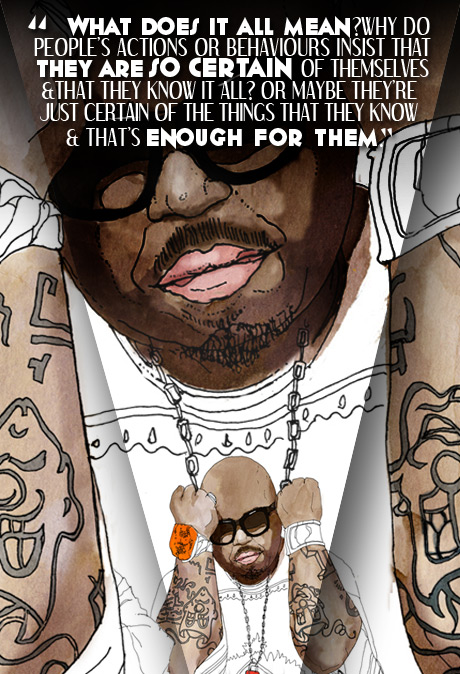
From recalling the waxings of Mr. Miyagi, Green goes onto sounding like Yoda after the little green man has had a few. “My logic is illogical, you know? It does not have to make sense completely, it does not have to be math,” he begins. “You associate math with technology, and there’s not technology advanced enough to go so far [into] outer space and so far underwater, and so there are quite a few questions that we have yet to ask, and we don’t even know to ask them, you know what I’m saying? Can you dig that?”
The philosophy lesson gets more and more obscure with every halt between Green’s slow paced whisper; it’s so I begin to feel like we’re in a shisha café with wall to wall Turkish rugs. The question on Green’s mind: “Why?” He asks: “What does it all mean? Why do people’s actions or behaviours insist that they are so certain of themselves and that they know it all? Or maybe they’re just certain of the things that they know and that’s enough for them — you know what I mean? — until further notice. But me, I could not move on that account, you know? Meaning I would still be waiting on the complete thought to come around, you know?” There is a hooka in the room here, I am positive of it.
Green is a sage chameleon and savvy when it comes to re-inventing himself without drawing the claws of entertainment critics. Somehow he’s found a way to exist in the industry without having to confine himself to a single sound or — even more impressive — identity. For Green, there are no parameters. Of other artists’ attempts to construct and adapt stage personas, the guru is cynical. “They may assume, but they may not acquire,” he says. “And assumption is not a whole truth. Makes sense doesn’t it?”
And then came the howl, from Green’s puckered mouth straight into my recorder. Like I said, there’s a lot to be said about a man who is comfortable in his own skin, and there is a Loch Ness to be said about Cee Lo Green.








